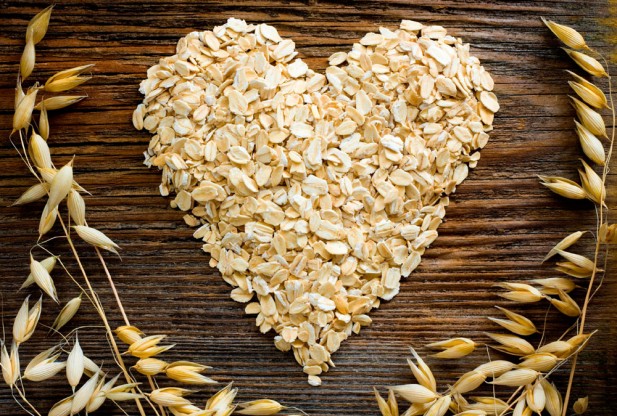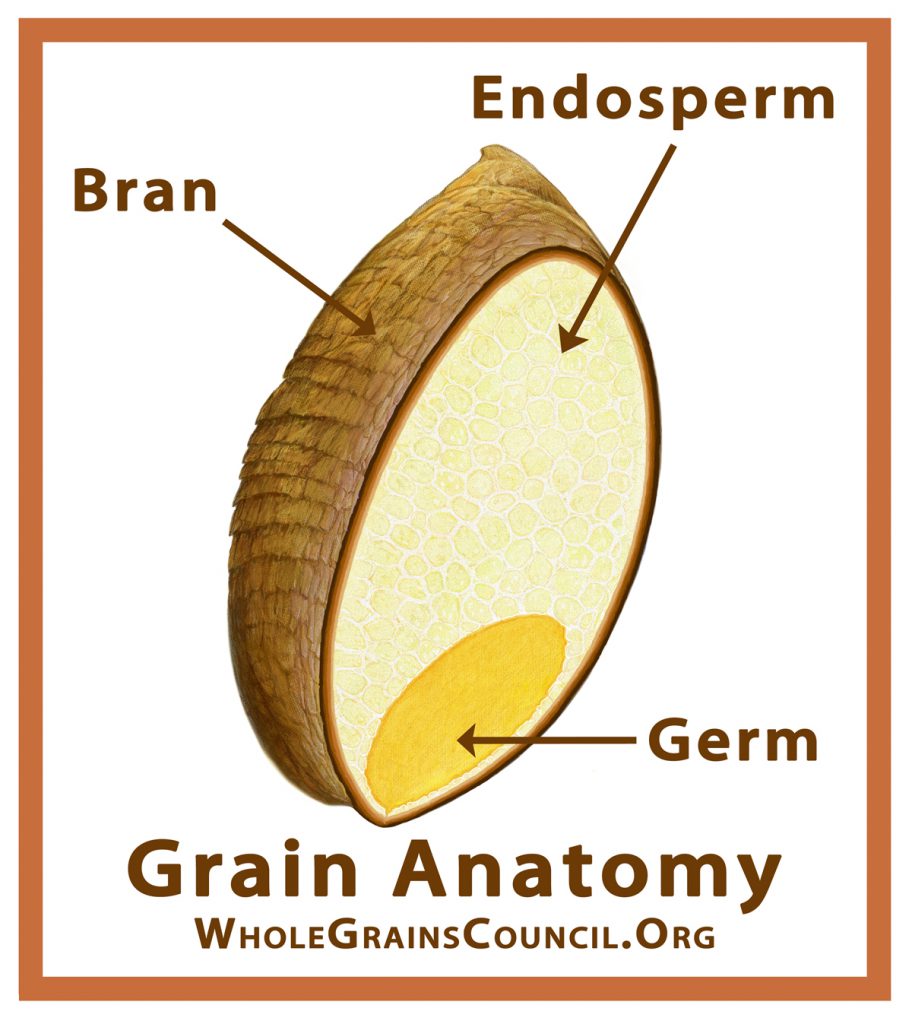#BacktoGrainBasics: Whole grains

We know there is a lot of information online about grains, eating healthy and whether grains play a part in a healthy, balanced lifestyle. Let’s start with #BacktoGrainBasics – what is a whole grain and why are they important?
Last week we spoke with Michelle Jaelin, TV and digital media Nutrition Expert, licensed registered dietitian, creative food content developer and blogger at NutritionArtist.com on her healthy eating tips for 2020. Her tips included ignoring the fad diets and getting back to food basics. #BacktoFoodBasics means instead focusing on what has been scientifically proven to improve our health. This month we’re showcasing ways on how to get #BackToGrainBasics for healthy, balanced meals.
What is a whole grain?
A whole grain is a grain that still contains all three parts: the bran, the germ and the endosperm. The bran is the outer layer of the grain, which contains fibre as well as some vitamins and minerals. The germ is the part of the grain that supports the growth of a new plant, and it is rich in healthy fats, vitamins, and minerals. Finally, the endosperm contains mainly starch (carbohydrate), as well as some protein, vitamins and minerals.

Why eat whole grains?
The reason whole grains are so important is because when the grains contain all three parts, that means all the necessary nutrients, vitamins and minerals are also present. When choosing to eat whole grain foods, you know your getting all the nutrients you need from the grains in those foods. Foods that have been refined (such as white pasta and white flour) have had some or all of the bran and germ portions of the kernel removed. Although some vitamins and minerals get added back through enrichment, whole grains contain more fibre and nutrients than their refined counterparts.
Want to eat more whole grains? Try eating whole grain pasta, bread, muffins or adding whole wheat flour into your baking plans and follow along as we showcase tips and recipes on getting #BacktoGrainBasics!

Can a gluten free diet be the normal for everyone? What are the risks involved with a gluten free diet?
